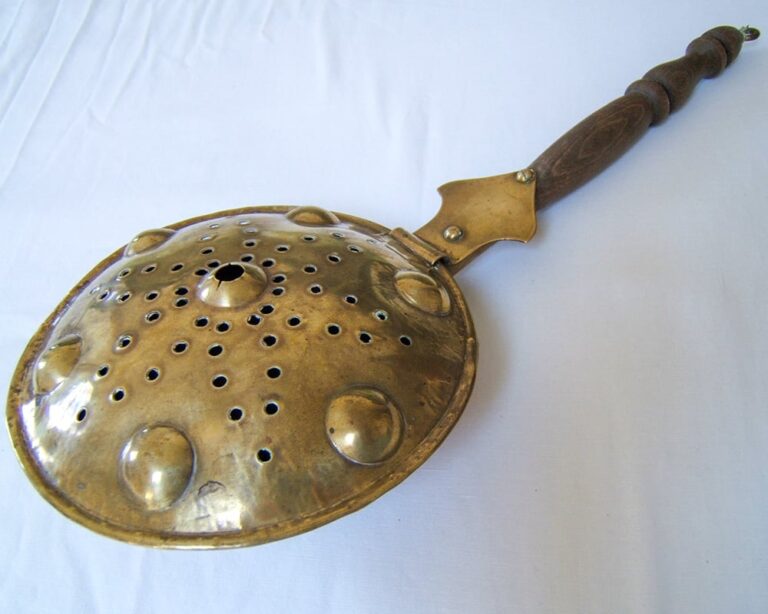que dalle
“que dalle” is a French saying that means “nothing” or “nothing at all.” In modern French, “une dalle” is a paving stone, but this has nothing to do with “que dalle.” The origins of this expression are unclear, with a few theories in existence. One is that it comes from the word for a five franc coin, formerly called a “dalle.” The problem with this theory is that a five franc coin was worth about 30 euros in 1835. The equivalent of 30 euros is clearly far from being nothing. Another theory is that it comes from a word that meant “to joke” or “to talk nonsense.” And a third theory holds that this idiom comes from the word “dail” in the the Romany language of the gypsies – a word meaning “nothing at all.”






